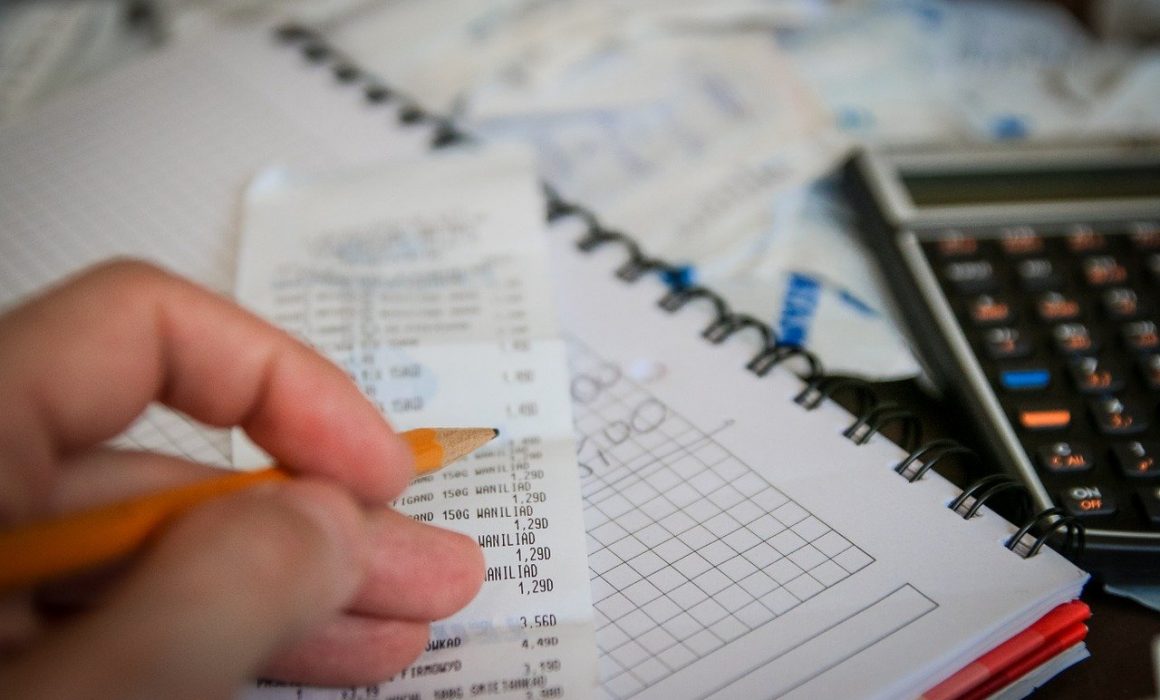Why You Need An Emergency Reserve
Have you ever had something unexpected happen, whether it’s the hot water heater going out or your AC needs replacing? I know we have, and recently too! If you’ve been in those situations sometimes you find yourself scrambling, trying to figure out how you’re actually going to pay for that. Yes, you can use a credit card if credit is available, but at the same time, you don’t want to carry a big balance for very long because then you’re having to pay interest. That’s why we recommend our clients set up an emergency reserve.
Typically, we recommend three to six months’ worth of living expenses set aside as emergency reserve so that you can easily pay for these unexpected events. But it’s not just there for those unexpected events like that, it’s also there for something like an unexpected job loss. Think back to last year when the coronavirus happened and how many people unexpectedly lost their jobs because so many companies were forced to shut down. An emergency reserve can act as a buffer or a float when you don’t have income coming in anymore, while you’re looking for that next job, or while you’re waiting for unemployment to kick in. That’s why we don’t just recommend a couple of thousand dollars set aside for replacing AC or an appliance. That three to six-month reserve serves as a buffer and income replacement during those unexpected times that nobody really intends to happen or wants to happen, but sometimes do and it’s always better to be prepared.
Now sometimes some people are a little bit more nervous or may be in a very specialized field where it takes a little bit longer to find a new job. If that’s you, you may think about increasing that reserve to six to nine months’ worth of living expenses, it really depends on what you’re comfortable with. Sometimes all these things can happen at once – you could lose the AC, your hot water heater can break, and oh by the way we just had a hail storm and now your roof needs to be replaced! So, that three to six months’ worth of expenses can be spent pretty quickly when all these type of things happen – as they say “when it rains it pours.”
It’s best to try and set funds aside for these things, and it can be either in your bank, in a savings account, or if you want something that will earn a little bit more interest, try to find a money market account. (Since interest rates are so low, you know it’s not going to earn much sitting in the bank) Either way, you want it to be in something that’s pretty liquid – that you can get access to really fast because yes, that credit card can float you for a little bit but you don’t want to carry that balance long term and pay the credit card companies all the interest. So having it set aside in something you can get access to pretty quickly, to pay off that credit card balance, is where you want it to be. Now, if you need help trying to figure out what’s appropriate for you, where to put it, or if you want to keep it invested in something more conservative, we’d love to be able to talk with you about that. You can always call us here at Next Step Financial Transitions, 832-856-2825. We’d love to be able to talk with you about what’s best for your situation.
